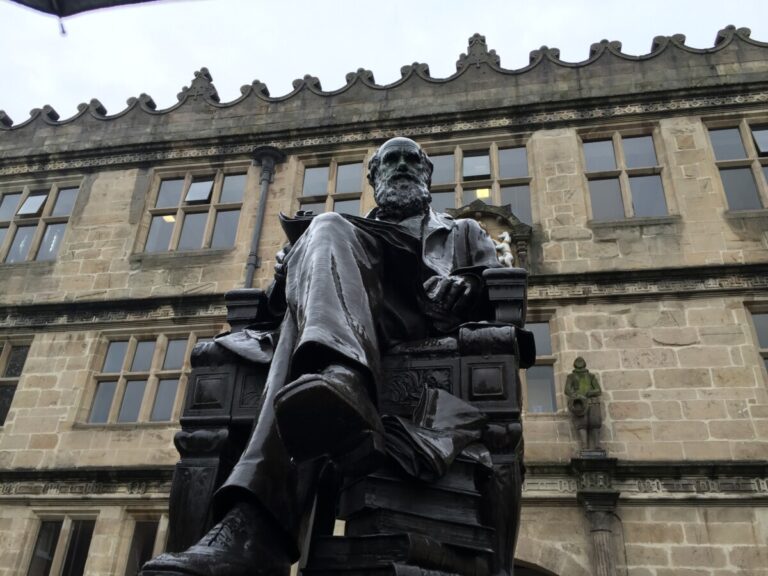Were we born to give? We won’t find out just yet

I’d be prepared to bet a fairly large sum of money that the new giving research centre being set up by the Economic and Social Research Council will not even have in its remit one of the most important factors underpinning and driving our propensity to give, to be charitable, and to be altruistic.
Apart from the press release put out by the ESRC, which states that the Centre for Charitable Giving and Philanthropy will ‘investigate whether charitable activity might mitigate or reinforce social and economic inequalities, [and] understand the role between fundraising and distribution as well as the relationships between those giving and those receiving’, I don’t really know what its terms of reference will be.
So how can I be so sure the CCGP (got a rather Socialist ring to it, don’t you think?) won’t consider this motivation that I think is so important? Simple. Because hardly anyone in this sector does.
Advertisement
D is for…
I’m talking about the ‘D’ word – Darwinism.
For the past 20-30 years, the outside world has been accommodating itself to the idea that our brains – and hence our minds – have been subject to the same pressures of natural selection that have shaped the rest of our bodies. That means that our personalities and behaviours have been shaped by evolution by natural selection – a school of thought known as evolutionary psychology.
Two characteristically human behaviours are, of course, altruism and generosity. Evolutionary psychology would therefore offer explanations of why human beings are altruistic and charitable in terms of the survival advantage these behaviours afforded our ancestors. In other words, being altruistic is part of our inherent biological make-up.
Yet as with so many things, the voluntary sector once again lags behind the rest of society.
Many fundraisers I’ve discussed this with do not want Darwinian thinking to have any place in an understanding of charity. It’s almost as if they fear that something would be lost about the human spirit – ‘surely charity has to be more than just an evolved behaviour’? [Of course it is more than ‘just’ an evolved behaviour. I’m not going into the arguments here, mainly because there isn’t room. Anyone who is interested, though, should get themselves a copy of the Origins of Virtue by Matt Ridley, which is an excellent introduction to this subject.]
Conceptual thinking in this sector is still anchored pretty firmly in the social science orthodoxy that formed the paradigm for most of the 20th century. This directs us to assume that all motives to social behaviour are socially determined or the product of social factors alone.
That’s why I am so sure a Darwinian understanding of charitable behaviour will not even be on CCGP’s radar.
Fundraisers should look for thoughts, not things
Fundraisers are always looking for – clamouring for, even – the next big thing. But they assume that this will be some specific technique such as virtual giving or some overarching, generic technique such as integrated new media or stewardship.
Instead we should be looking not for things but for thoughts. The next big thing won’t be what someone does; it will be what they think. It will be a paradigm shift in the way we understand why people give to charity – and once we have the ‘why’ we can start tailoring the techniques that tap into those newly-uncovered motives.
The new ‘why’ is likely to have a Darwinian answer.
To uncover it, we need a research centre that is going take our understanding of charitable behaviour into the 21st century. Instead I fear we will have one that looks at giving in the language of the 1960s, with the result that fundraisers will overlook a whole set of motivations to give to charity.



